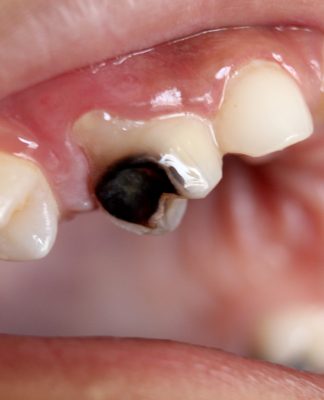Physical Pain vs. Chronic Pain
When a person has physical pain, it is a warning symptom that something is not right with the body. For instance, a dehydration headache implies a person needs to drink water to relieve it. Additionally, pain resulting from an injury such as a sprained ankle is physical, and it needs some time to recover.
However, chronic pain is different from physical pain since it takes more than six months or even a lifetime. Usually, chronic pain results from diseases such as nerve damage, arthritis, cancer, fibromyalgia, long-term high-impact injury, among others.
Does Chronic Pain Cause a Cycle of Depression or Vice Versa?
At times it can be tough to evaluate whether chronic pain causes depression or vice versa. Patients struggling with pain are three times more likely to get depression or anxiety symptoms. Likewise, those with depression are three times also likely to obtain chronic pain.
Depression can often produce unexplained pain, like back pains or headaches. Also, depressed people might have challenges in improving or maintaining their physical health. In turn, pain causes increased stress, insomnia, or guilt feelings or hopelessness linked with depression. The associated influences of both these two conditions can produce endless cycles that are hard to control.
Symptoms of Chronic Pain Associated With Depression
Even though depression can further incapacitate patients with chronic pain, most of them are unlikely to differentiate the symptoms and discuss them with their doctor. Indeed, about 50% of depressed patients who consult a doctor only complain about their physical symptoms.
The following are common symptoms associated with both depression and chronic pain to help a patient during diagnosis.
- uninterested in activities
- suicidal thoughts
- changes in appetite
- difficulties in concentration
- Irritability and depressed mood
- changes in sleep patterns
- lack of energy
- feelings of guilt or hopelessness
Depression, Addiction and Chronic Pain Relationship
The combination of depression and chronic pain is a significant challenge in people’s life. For some, coping with the pain can unknowingly cause addiction to drugs or substance abuse to try handling their conditions
Research shows that approximately 30 to 50% of patients with depression suffer from chronic pain or substance addiction use disorders.
Despite the continuing opioid epidemic, one of the most common types of treatment for chronic pain is prescribing painkillers. Unfortunately, there are high chances of developing opioid addiction or drug tolerance if a patient uses these medications for long.
This effect can result in misuse or combining opioids with other substances, such as alcohol and marijuana. Eventually, it leads to addiction since the combinations at times show useful results.
Combining alcohol and drugs with prescribed medication or other illegal substances can complicate matters and aggravate the depression symptoms. Additionally, excessive use of alcohol can increase inflammation in the body, which creates more episodes of severe pain to a patient.
The only measure patients need to undertake is that depression and chronic pain can form a vicious cycle. They need to address the issue with their doctors for treatment before it leads to drugs or substance addiction.
























